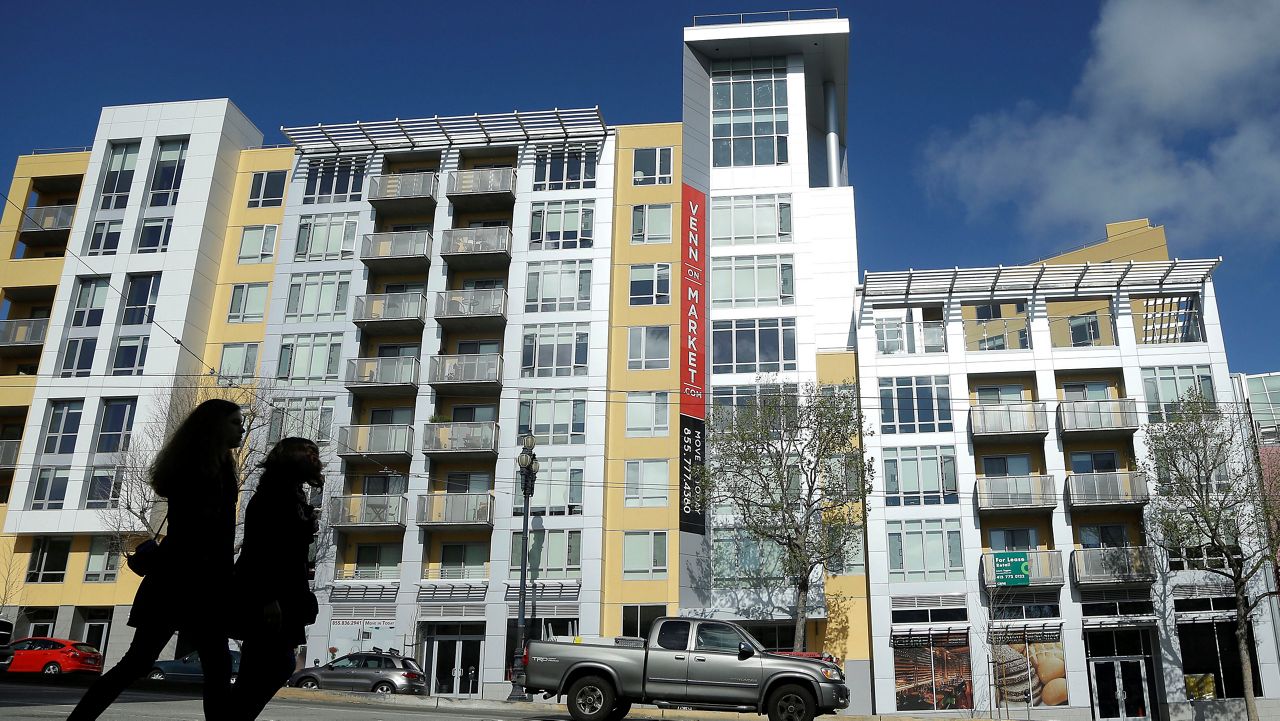As state lawmakers consider how and when to transition the construction of new buildings to be powered by electricity, they are facing a push from environmental organizations to make the change as soon as possible, and a natural gas industry that is trying to pump the brakes on the proposal.
At the same time, the debate over the transition is entering the election campaign season as well, with progressive candidates nudging officials to take a more aggressive approach.
The push to require construction of new buildings in New York to be all-electric is part of a broader effort to significantly reduce carbon emissions and switch the state to more renewable forms of energy in the coming decades. The change will affect the kinds of cars New Yorkers drive to how their homes are powered and heated.
It will also require a massive change in energy creation and distribution over the coming years.
Lawmakers on Thursday took testimony on the electric building issue as environmental organizations call for a measure that would begin the transition in 2024. If approved, it would be a large piece of complying with a law to hit benchmarks meant to reduce the impact of climate change.
“This bill is a common-sense first-step strategy for decarbonizing buildings to address the climate crisis," said Anne Rabe, the environmental policy director at the New York Public Interest Research Group. "We can implement it today: heat pumps perform well in cold climates, including successful tests in the Arctic. The state has adequate electricity supply to handle the increased demand from new buildings relying on electric power through 2031 according to the NY Independent Operators System; and a new Buildings Institute report finds that all-electric, single-family homes are less expensive than new gas-fueled homes."
But a coalition of gas industry and labor officials are skeptical of a rapid transition, warning it could lead to a sharp rise in utility bills as a result and disrupting the economy in the process. The coalition also sought to counter the claim the clean energy switch over would help grow jobs in the energy sector.
“Almost two-thirds of New Yorkers use natural gas in their homes, but the vast majority of them have no idea that many elected officials in Albany are looking to take it away from them," said Michelle Hook, the executive director of the group New Yorkers for Affordable Energy, a trade group. "And according to recent projections, the proposed gas ban could send their energy bills through the roof."
In the political realm, Democratic candidate for lieutenant governor Ana Maria Archila called for an even more aggressive effort to counter the effects of carbon emissions and climate change, pointing to the effect air pollution has on low-income people and people of color.
The preferred running mate of New York City Public Advocate Jumaane Williams, Archila is running in a primary scheduled for June 28 facing former New York City Councilmember Diana Reyna and incoming Lt. Gov. Antonio Delgado.
“The climate crisis is already devastating our communities with deadly floods and extreme heat, but addressing this accelerating crisis is also an opportunity to create good jobs and cut air pollution, which especially benefits our most vulnerable communities," she said. “This is a ‘do-now’ basic step that must be enacted this session. We need leaders with a moral compass and a record, not those who let big money corporate interests dictate their stances."



